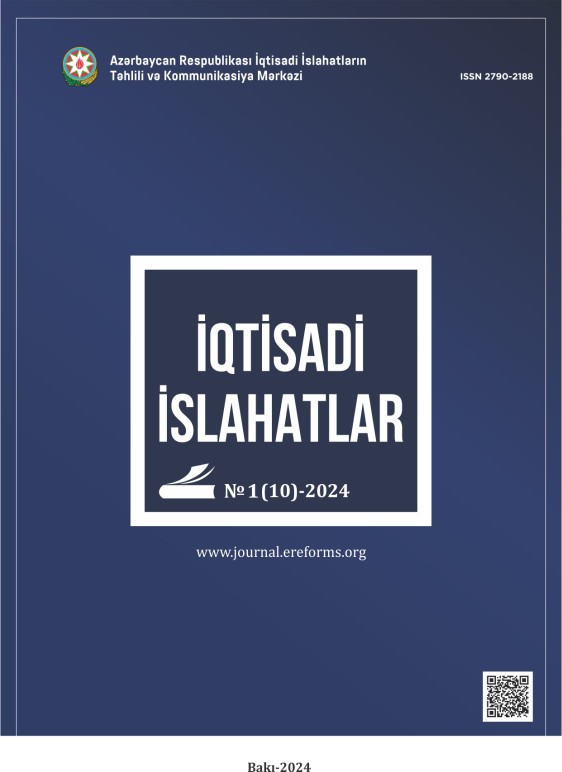Concession as the most widespread mechanism of public-private partnership
Summary
The challenges facing post-Soviet countries that have transitioned to a market economy are twofold: developing the private sector and individual entrepreneurship while preventing the state budget from being burdened by the privatization of most sectors of the economy. Additionally, alternative mechanisms must be found and applied in areas where privatization is not directly possible. The analysis of global experience indicates that the most significant mechanism is the implementation of the public-private partnership model. One of the such mechanisms is the Public-Private Partnership (PPP).
The analysis of economic literature and international experience indicates that there is currently no universally accepted approach, norms, or standards for public-private partnerships. At present, concession agreements are the most widespread form of public-private partnership. They ensure the improvement of service quality by distributing risks and financing capital and current expenses through a private partner (investor). This allows for adaptation to dynamically changing market requirements.
The article discusses the economic nature and significance of concession agreements, as well as their characteristics, distinguishing features, and differences from other public-private partnership mechanisms.
